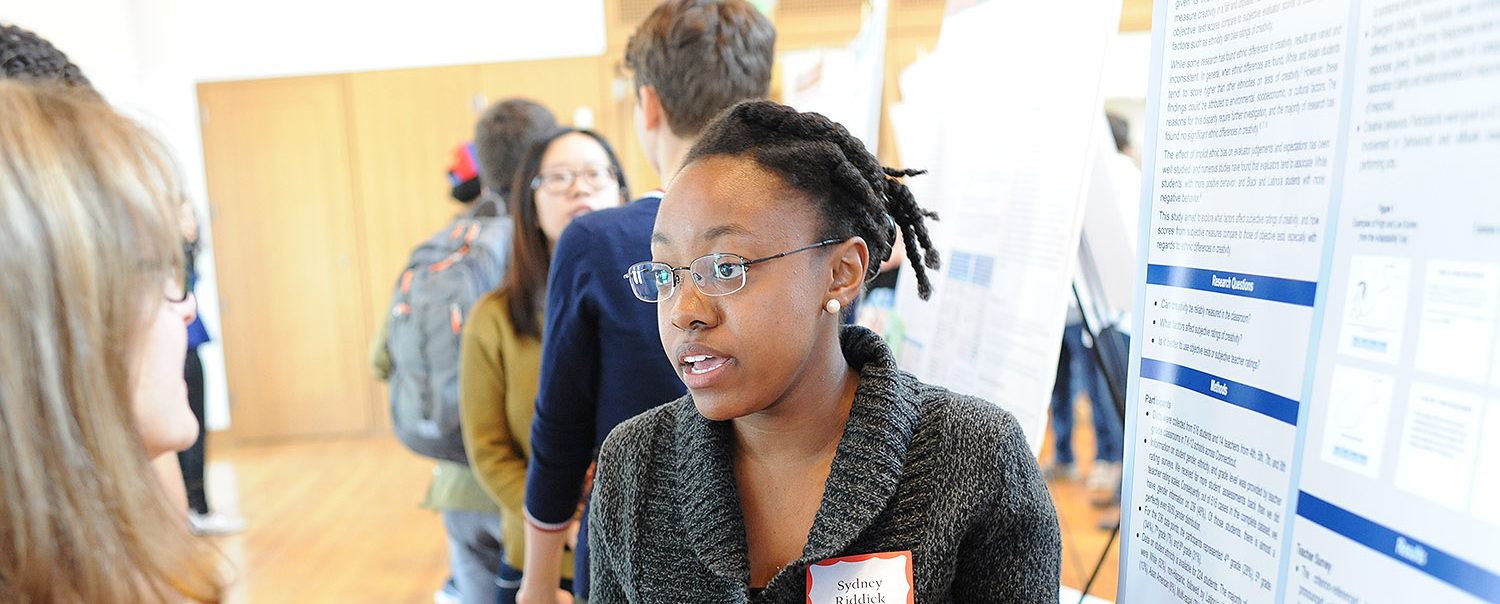Live Poster Session: Zoom Link
Abstract: The self-reference effect (SRE) refers to a memory benefit produced by self-referent relative to other-referent encoding activities. There exist two types of SREs: The evaluate SRE occurs when people explicitly associate to-be-remembered information with themselves at encoding. The incidental SRE occurs when self-referential information such as one’s own name is co-presented with a to-be-remembered item at encoding but is incidental to the task at hand. Using a divided attention paradigm, the present study examined the role of attention in the emergence of the evaluative and incidental SREs. During encoding, personality-trait words were presented simultaneously with the participant’s own name or a celebrity’s name along with a single-digit number. The participant’s task was either to evaluate whether each word described themselves or the celebrity (evaluative condition) or to judge the location of each word (incidental condition), while either ignoring or monitoring the numbers (full vs. divided attention). In a subsequent memory test, we found better memory for words presented with one’s own name vs. another name, with this SRE being larger in the evaluative condition than the incidental condition. Critically, divided attention at encoding reduced the magnitudes of both evaluative and incidental SREs, with the size of this reduction being comparable between the two types of SREs. With further data collection, the findings of this study are expected to shed light on the role of attention in SRE production.
WongLaFayetteKim_PsycPoster_2021_FNL


